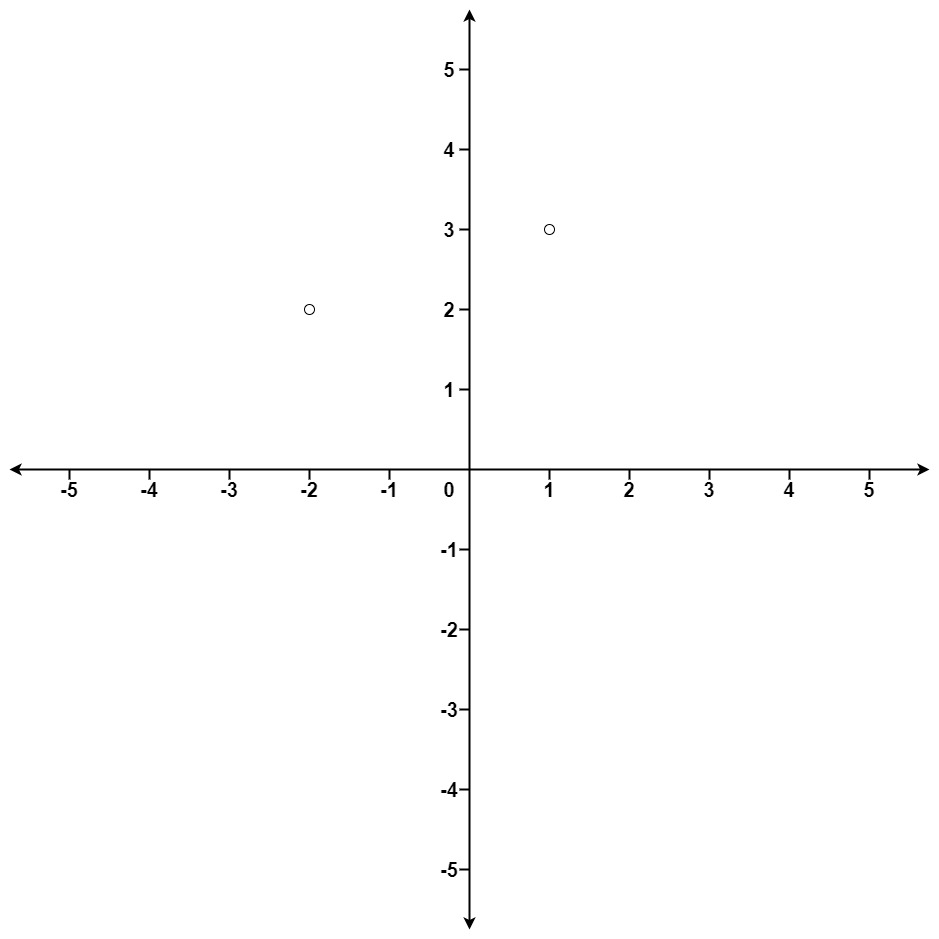[LeetCode] 973. K Closest Points to Origin_Medium tag: Sort, heap, quickSort
2021-07-29 07:10 Johnson_强生仔仔 阅读(56) 评论(0) 收藏 举报Given an array of points where points[i] = [xi, yi] represents a point on the X-Y plane and an integer k, return the k closest points to the origin (0, 0).
The distance between two points on the X-Y plane is the Euclidean distance (i.e., √(x1 - x2)2 + (y1 - y2)2).
You may return the answer in any order. The answer is guaranteed to be unique (except for the order that it is in).
Example 1:

Input: points = [[1,3],[-2,2]], k = 1 Output: [[-2,2]] Explanation: The distance between (1, 3) and the origin is sqrt(10). The distance between (-2, 2) and the origin is sqrt(8). Since sqrt(8) < sqrt(10), (-2, 2) is closer to the origin. We only want the closest k = 1 points from the origin, so the answer is just [[-2,2]].
Example 2:
Input: points = [[3,3],[5,-1],[-2,4]], k = 2 Output: [[3,3],[-2,4]] Explanation: The answer [[-2,4],[3,3]] would also be accepted.
Code:
1. Sort T: O(n * lg n)
class Solution: def kClosest(self, points: List[List[int]], k: int) -> List[List[int]]: return sorted(points, key=lambda x: x[0]* x[0] + x[1] * x[1])[:k]
2. Use heap T: O(n * lg k)
class Solution: def kClosest(self, points: List[List[int]], k: int) -> List[List[int]]: return heapq.nsmallest(k, points, key = lambda x: x[0]* x[0] + x[1] * x[1])
3. Use quick select/quick sort T: average O(n), worst case O(n ^ 2)
3.1. use a partition function to get the index of the pivot that it should be, [0, index - 1] < val(index) , [index + 1, n - 1] >= val(index)
3.2. we recursive call until we have the index == k, then return
class Solution: def kClosest(self, points: List[List[int]], k: int) -> List[List[int]]: n = len(points) l, r = 0, n - 1 while l < r: mid = self.partition(points, l, r) if mid == k: break if mid < k: l = mid + 1 else: r = mid - 1 return points[:k] def partition(self, points, l, r): pivot = points[r] index = l for i in range(l, r): if self.compare(points[i], pivot) < 0: points[i], points[index] = points[index], points[i] index += 1 points[index], points[r] = points[r], points[index] return index def compare(self, p1, p2): return (p1[0] ** 2 + p1[1] ** 2) - (p2[0] ** 2 + p2[1] ** 2)


 浙公网安备 33010602011771号
浙公网安备 33010602011771号